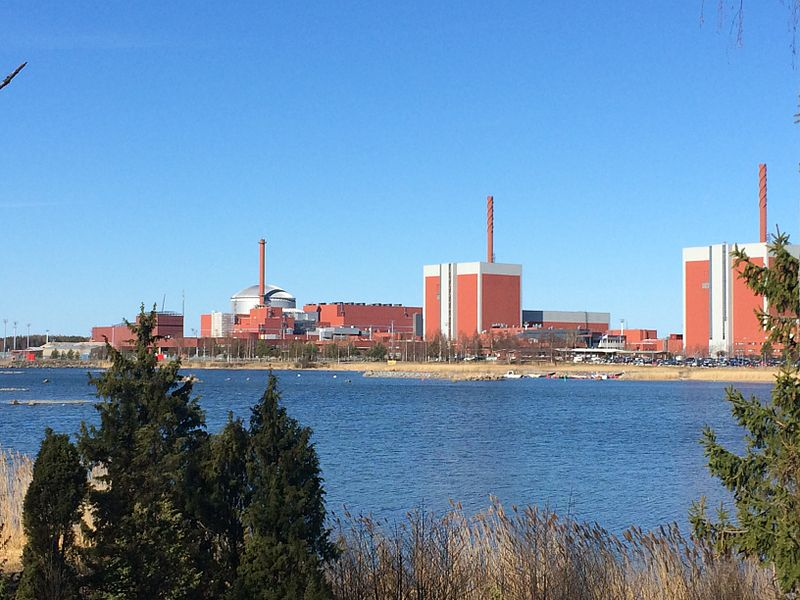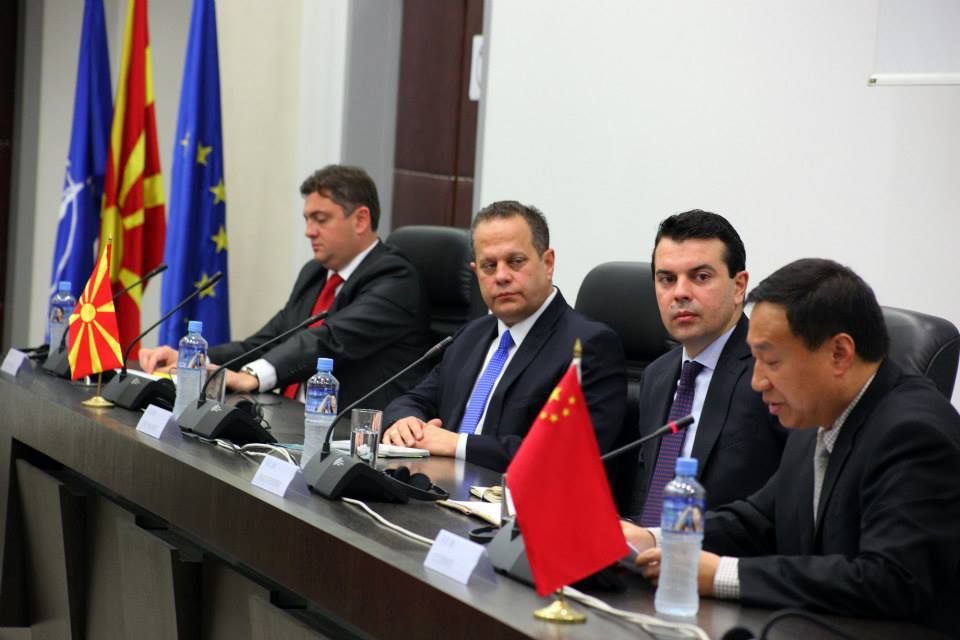In the face of the unprovoked Russian invasion of Ukraine, the existing Atlantic energy infrastructure has found its Achilles’ heel, namely a reliance on resources controlled by powers with interests that are inimical to the rules-based international order. According to NATO Secretary-General Jens Stoltenberg, the alliance’s goals in the face of this new crisis have been to end its dependence on authoritarian regimes for vital resources and change course to a more self-sufficient model for the future. The organisation’s new strategy, along with the sanctions placed on the Russian Federation by other intergovernmental organisations, such as the European Union, have seen an end to Nord Stream 1, as well as a steep decline in the quantity of trade between the Russian Federation and NATO member states.
The West’s prior reliance on Russian gas is no longer sensible, nor even possible, and a return to a dependence on coal is equally ill-advised. It is time to look forward to new sources of energy, ones that can supplant the role formerly played by coal and Russian natural gas. In examining the various concerns of NATO, such as its desire to maintain energy security, combat climate change, and work in step with the unilateral actions taken by its member states, a clear solution arises in the form of nuclear energy as an alternative.
Finland is an ideal case study for seeing the potential in nuclear power for both energy efficiency and security. In April, the formerly hesitant country agreed to join NATO, choosing to band together with like-minded powers in the face of Russian aggression against its neighbours. That same month, Finland opened Olkiluoto 3, the first nuclear power plant brought online in Europe in the last sixteen years, and the largest in all of Europe’s history. Both of these Finnish actions have implications reaching far beyond what may be immediately apparent.
Consider the situation from an economic perspective. The opening of the Olkiluoto 3 plant has led to a historically high energy output within Finland. A comparison of the price of electricity in Finland between December 2022 and the summer of 2023 reveals that it has fallen by 75%, reaching a historic low in May of this year. At a certain point, the price of electricity had even fallen below zero due to a mixture of citizens cutting back on energy expenditure and an unexpected glut of energy following the opening of the Olkiluoto 3, ultimately forcing the country to limit its energy output to keep electricity profitable. The Olkiluoto 3 has contributed about 30% of all energy produced within the nation since the beginning of its operations on May 1st, with other notable outputs coming from the nation’s hydroelectric and other renewable industries. This is an unprecedented feat for any developed nation, and it is indicative of the potential efficiency of modern nuclear energy.
Energy security, in distinction to its profitability, is something else that NATO has stated time and again to be a priority. One of the primary issues with gas and coal, especially for European member states, has been that access to these resources has been controlled by powers with goals that have often been diametrically opposed to the interests of NATO. Many of the world’s top uranium producing nations are NATO member states or NATO partners, with countries such as Canada and Australia standing as some of the world’s largest providers of the ore. The availability of the needed resources, paired with the evident efficiency and safety of modern nuclear reactors, opens an explorable path to both ensuring the security of NATO’s power supply and supplanting gas and coal. Additionally, given global interest in preventing climate change from worsening, nuclear is both a secure and reliable method of obtaining clean energy that simultaneously minimizes carbon emissions.
Alternative methods, such as hydroelectric energy, solar energy, and wind energy are dependent upon a number of external variables, such as weather, season, and climate. Nuclear power is by far the most reliable of the clean energies currently available, and among the safest. Compared to other sources of power, including green alternatives, nuclear energy places second-least dangerous, with 0.03 deaths per terawatt hour as compared to coal’s 24.6 and oil’s 18.4 deaths per terawatt hour. It is also the least impactful in the production of greenhouse gas emissions. These facts illustrate the basic concept of nuclear being the ideal source of power for an organisation that is aiming to transition to clean energy, maintain a secure network, and manage to avoid falling into dependencies on nations that may seek to harm or prevent the functioning of the organisation based on political developments.
Nuclear energy stands head and shoulders above all of its rivals in terms of efficiency and security, and would naturally fill the current gap in the energy market if not for issues of public perception stemming from decades of misinformation and fear following the Chernobyl and Fukushima disasters. However, given the various crises the Atlantic Community now faces, nuclear power’s ability to simultaneously provide both energy security and combat climate change may be the tipping factor in finally overturning the caution that has prevented it from becoming publicly appealing. Solutions to the energy crisis must be found quickly and intelligently, as whatever power source takes the lead now will likely continue to do so for the foreseeable future. Nuclear is possibly the candidate to fill this role that enjoys the fewest trade-offs, and the unsettling circumstances the Atlantic World finds itself in at the moment may just encourage it to finally embrace nuclear as the final successor to gas and coal.
Photo: Olkiluoto nuclear power plant (2014), by kallerna via Creative Commons . Licensed under CC BY-SA 3.0.
Disclaimer: Any views or opinions expressed in articles are solely those of the authors and do not necessarily represent the views of the NATO Association of Canada.





